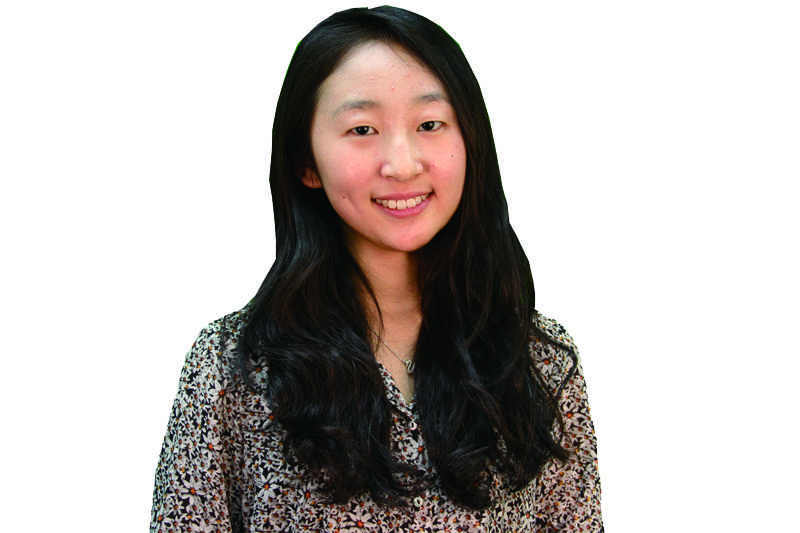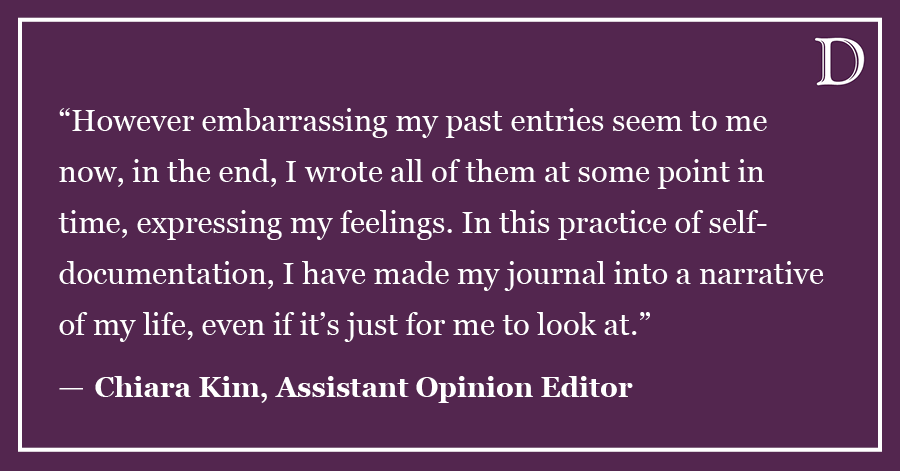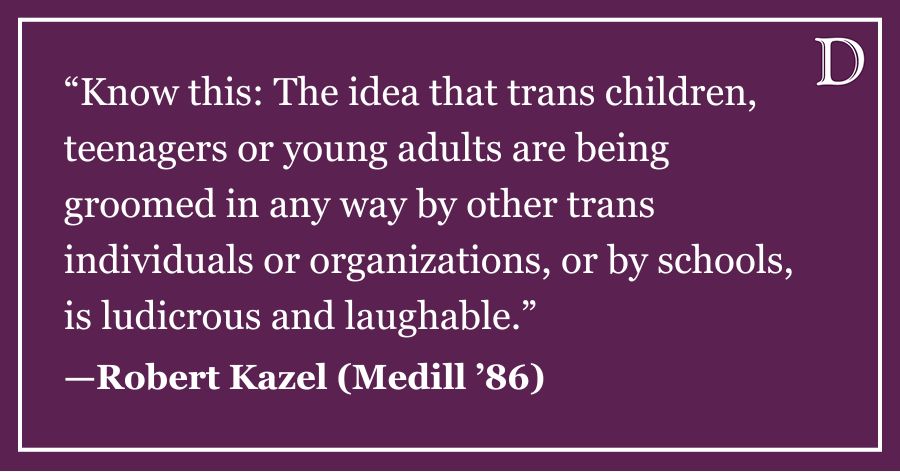Happiness class: I laughed it off at first. But when my little sister told me the definition of happiness her teacher told her to memorize, I realized it was no joke.
So isn’t this great? One of the biggest causes of teenage suicide in South Korea is academic stress — just too much work. However, the government thinks the best way to solve teenage unhappiness is through more work. Because happiness needs to be learned, and to learn means to create a formal class — the logic goes — as opposed to freeing up the already shackled children, as I thought.
Switzerland, Norway, Ireland, Sweden and Denmark ranked in the top five in the life satisfaction section of the Better Life Index from the Organisation for Economic Co-operation and Development. Hungary, Portugal, Greece, Turkey and Estonia are at the bottom. The OECD measured life satisfaction by asking people to rate on a scale of zero to 10 “their life as a whole rather than their current feelings.” The happiest countries gave an average of 7.5 — Switzerland gave 7.8 — and the unhappiest averaged less than 5.5, with Hungary as low as 4.7. The OECD average was 6.6.
I spent two years in the United States for elementary school, three years in Belgium for middle school and the rest in South Korea. According to the happiness stats, the U.S. is at 7.0, Belgium 6.9 and Korea 6.0. But has my happiness decreased or increased because of where I am and who surrounds me?
Although I can’t speak for everybody, my personal experience tells me that this is not necessarily so.
Yes, it is generally discouraged to go see a psychologist in Korea, compared to Belgium or the U.S. My best friend back in Belgium was forced to go see one by her parents who thought she had an attitude problem. I never heard anyone publicly admit that in Korea, at least not among the people I knew.
It might just mean that rather than psychologists, people prefer friends to talk to. One of the most popular talk shows in Korea is called “Healing Camp.” In each ”therapy session,” the hosts invite celebrities or other influential individuals such as politicians, athletes, announcers and even religious leaders to heal not only the guests, but the entire nation.
At home, I know my family has at least five or six different versions of Dale Carnegie’s “How to Stop Worrying and Start Living,” which in Korean is translated as “Happiness Theory.” My dad probably knows everything that is in it by now and yet he buys another copy every other year as if to reiterate his efforts.
There is no designated formula or easy shortcut to happiness. It seems to come innately: When we are children, we seem to grasp it easier. But maybe that’s because we can grasp onto lollipops and feel the simple joys more easily.
I looked up some of Korea’s “Happiness Class” curriculum throughout different middle schools and I realized it wasn’t like what my prejudice led me to believe at first. The “textbook” was a comic book, which surprised me. One school even started a “Thanking Diary” where students learn that “happiness is not a given but something made.” Students make efforts to realize how happy they are by writing down what they are thankful for.
And maybe happiness is like that too. You can’t be close minded about it. The mechanical efforts — like making students write “Thanking Diaries,” having a formal class on happiness to start discussion and reflection on how it can be achieved or buying self-help books — may sound inorganic. But in an age of ever more complicated problems we need to embrace different approaches and views toward a universal goal of being happy.
Heiwon Shin is a Medill freshman. She can be contacted at [email protected]. If you would like to respond publicly to this column, send a Letter to the Editor to [email protected].














